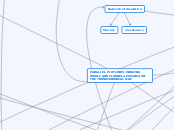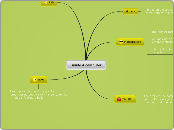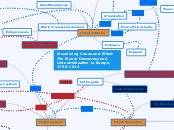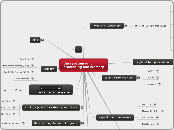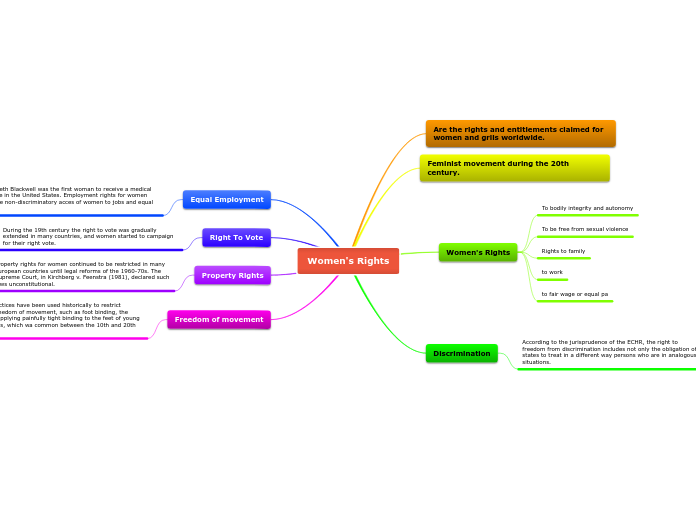corpus
experiences as a body
Woman
Female identity
alternatives in "parallelos"
PARALLEL PLOTLINES:VIRGINIA WOOLF AND FLORBELA ESPANCA ON THE TRANSCANONICAL MAP
Parallel
complementary textualities
alongside one another
"The room next door"
Norah Nicholls
the interwar female professional
Anglo-american tradition of literary criticism
Plotlines
Cartography
location
Loci
rooms
"The Open Door"/"Opening the Door"/ "A Tap on the Door" as provisional titles for "Three Guineas"
Aesthetics of transgression
"domestic architecture"
stanzas
Florbela's sonnets
Form
A Room of One's Own
Sequels- Three Guineas
John Lehmann
double acts
the backroom studio
The Hogarth Press
1917
D.H Lawrence: Studies in Classic American Literature
Lytton Strachey:Landmarks in French literature
a legitimate historical subject
Basements
A column of their own
“Ay me, what act, / That roars so loud, and thunders in the index?”
Judith Shakespeare
the paratextual
transnational conversation
Economic means
Pamphlets
Woolf as "the most brilliant pamphleteer in England (Orlo Williams)
"Three Guineas" as the Book of the Year, hailed in Time and Tide by Theodora Bosanquet
The TLS, 4 June 1938
Florbela
Feminism
Intellectual principles
Room for more
Outside the post- 1970's criticism
metaphor reappropriation
Hilary Owen "a paragraph of their own"
Alternative narratives
Spatial
exteriors
interiors
drawn in and drawn out
memory
the linear
the geographical
globalisation
Fictions
fluid
Slippery text
Gaps
Permeable membrane
free-flow
Inter-penetration of fiction and non-fiction
subjectivities
life writing
writing the self
Discourse
committee discourse
Patriarchal fascism as a men's and women's problem
rhetorical
political
récit (text)
histoire (story)
narration (narration)
historical
literary history
Genealogy
Foucault
historiography
New-Historicism
Network of circulation
non-literary
literary
Canon
Biblical
Testaments
The Apocrypha
legal association
Three Guineas judge
Espanca at law school
transcanonical
transatlantic
"as a woman, my country is the whole world" (Girton lecture)
transcontinental
Dickinson
Clarice
Relationship with New York literary agents
Ambivalence surrounding commercialism
Jacques Chambrun
Ann Watkins
international dialogue
existing across canons and times
escapes genre
narrative as gendered
"Orlando"
Eurocentrism
British domestic patriarchy
European fascism
Voyage as metaphor
the sea
the "see"
sight and the "I"/"eye"
Sontag "illness as metaphor"
Colonialism as cannibalism
the body of the text
Colonialism of both nations
Empire
Empirical
the experimental
stream-of-consciousness
Modernism
Portuguese tradition
